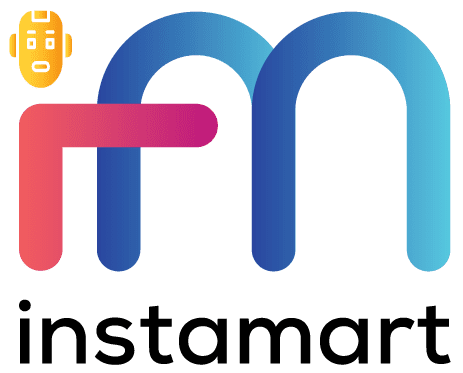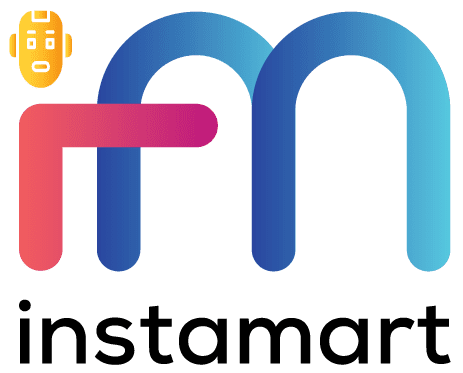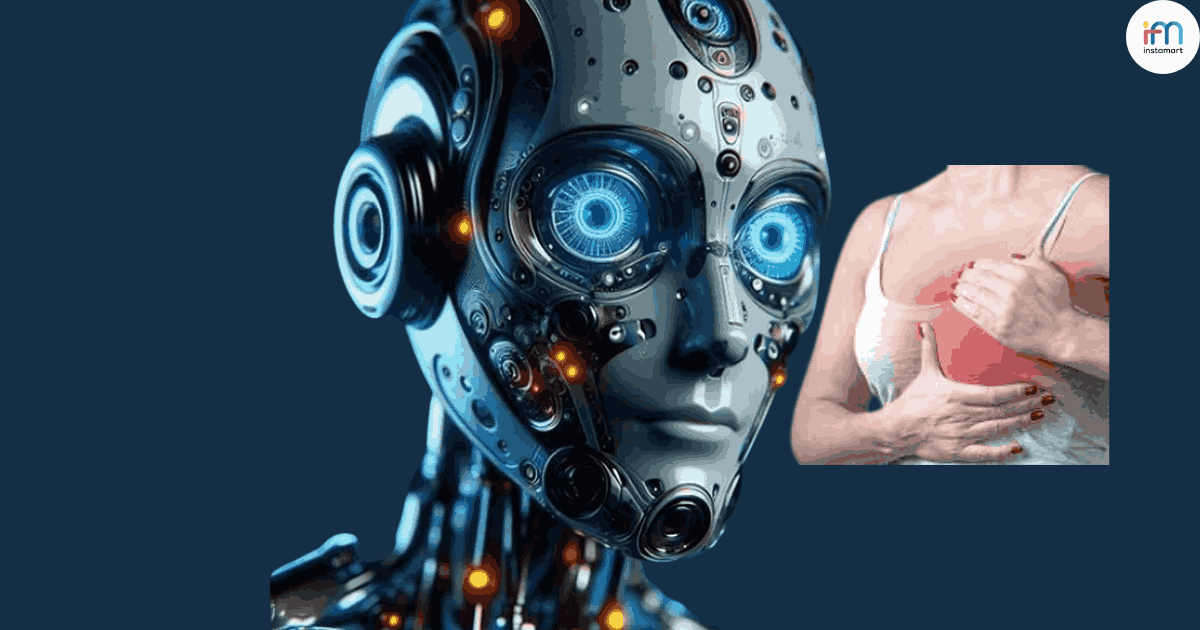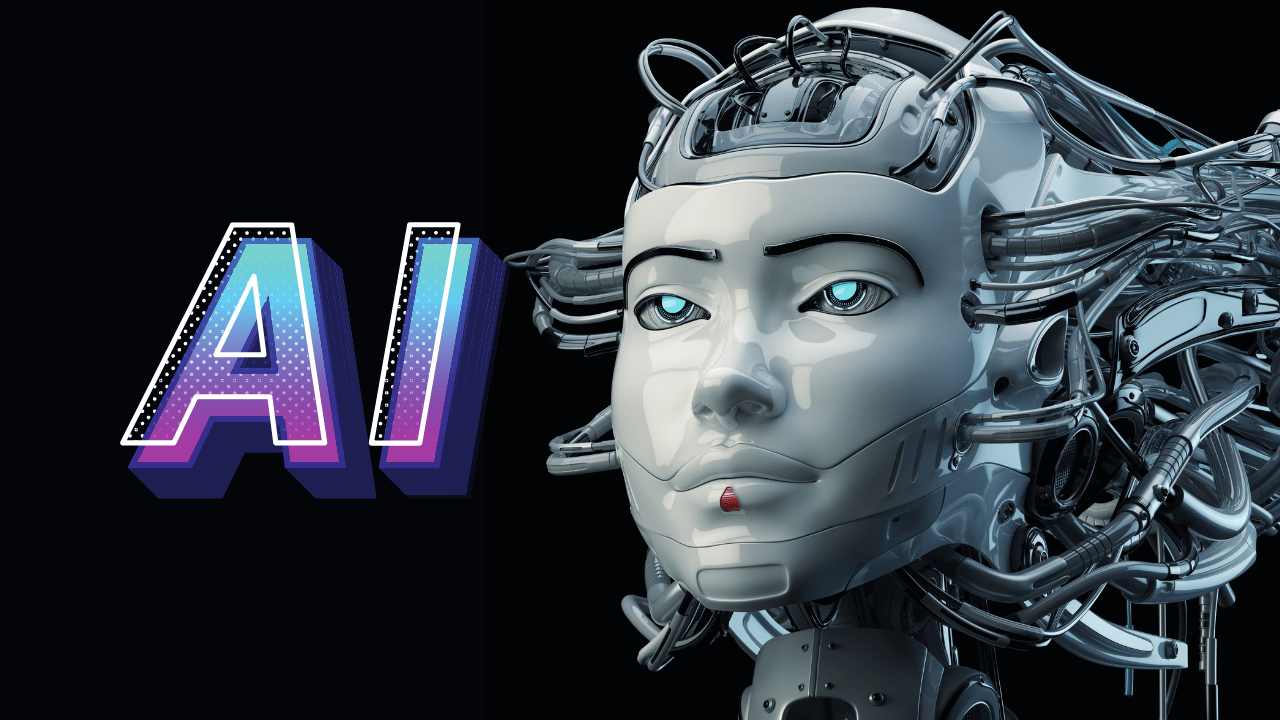Artificial Intelligence has emerged as a groundbreaking technology transforming the modern workplace. From streamlining processes to automating tasks, AI has revolutionized how we work and provided numerous benefits to businesses. Thus, AI has improved the workplace, enhancing productivity, efficiency, and innovation.
AI is already handling unique human tasks including problem-solving, output production, and Interpersonal Communication. If workers transition to AI, roles may become sophisticated, workplaces may become easy.
Benefits of Artificial Intelligence in Workplaces
A wide range of AI resources is all you need at workplace to get the best content that draws traffic to your site and improving productivity.
- Automation of Repetitive Tasks
Artificial Intelligence has significantly reduced the burden of repetitive and mundane tasks in the workplace, enabling employees to focus on more strategic and value-added activities. By automating these tasks, AI technology has increased efficiency and productivity.
- Chatbots and virtual assistants powered by AI can handle customer inquiries and provide instant responses, reducing the workload of customer service representatives.
- AI algorithms can automate data entry and processing tasks, saving valuable time for employees.
- AI chatbots can schedule meetings, send reminders, and perform administrative tasks, freeing time for professionals to focus on more complex and creative work.
2. Enhanced Decision-Making
Artificial Intelligence has enhanced decision-making processes by providing businesses valuable insights and data-driven analysis. With its ability to process vast amounts of information and identify patterns, AI has enabled more intelligent decision-making at all levels of the organization.
- AI-powered analytics platforms can analyze complex datasets, extracting meaningful patterns and trends, leading to data-driven decision-making.
- Machine learning algorithms can analyze market data, customer behaviour, and competitor information to provide accurate forecasts and insights, facilitating strategic decision-making.
- AI algorithms can monitor and analyze real-time data from various sources, enabling proactive decision-making and quick response to market changes.
3. Improved Efficiency and Productivity
AI has improved workplace efficiency and productivity by streamlining workflows, reducing errors, and optimizing resource allocation. AI has transformed business operations across various industries through automation and intelligent systems.
- AI-powered workflow automation systems can reduce manual interventions, streamline processes, and ensure smoother operations.
- Intelligent scheduling and resource allocation systems powered by AI can optimize task assignments, minimizing bottlenecks and improving overall productivity.
- AI algorithms can analyze and optimize supply chain operations, inventory management, and production planning, ensuring efficient resource utilization and reducing costs.
4. Enhanced Personalization
Artificial Intelligence has enabled businesses to provide personalized experiences and tailor their products and services to individual customer preferences. Personalization has become a key differentiator in the marketplace, and AI technologies make it possible at scale.
- AI-powered recommendation systems can analyze customer data and behavior, providing personalized product suggestions, improving customer satisfaction, and increasing sales.
- Natural Language Processing (NLP) capabilities in AI chatbots can understand customer inquiries and provide tailored responses, enhancing customer experiences.
- AI algorithms can analyze customer feedback and sentiments, helping businesses better understand their target audience and tailor marketing campaigns accordingly.
5. Accelerated Innovation
AI has paved the way for accelerated innovation by enabling businesses to process and analyze vast amounts of data, identify trends, and develop new solutions. Leveraging AI technologies has opened up new avenues for creativity and advancement.
- AI-powered algorithms can analyze market trends and customer preferences, driving the development of new products and services.
- Machine learning algorithms can facilitate the discovery of new insights and patterns, leading to innovative strategies and solutions.
- AI technologies such as Natural Language Processing (NLP) and computer vision have opened up possibilities for developing smart applications and intelligent systems.
Workforce Collaboration Using AI
In the age of artificial intelligence, the workplace is transforming, revolutionizing how we work and interact with technology. Far from replacing humans, AI empowers human potential and fosters collaboration in unprecedented ways.
By automating repetitive tasks, AI liberates employees from mundane chores, allowing them to focus on creative and strategic endeavors. AI-driven analytics equip decision-makers with valuable insights, enabling data-driven strategies and fostering innovation.
As AI continues to augment our capabilities, businesses are witnessing an era of enhanced productivity, personalized experiences, and accelerated innovation. The future workplace thrives on the synergy of AI and human collaboration, unlocking unprecedented potential for success.
Read more: Why AI Regulation? Biden is “the AI”: Safeguarding Artificial Intelligence
AI has profoundly impacted the workplace, bringing about significant improvements across multiple dimensions. From automation of repetitive tasks to enhanced decision-making, improved efficiency, personalized experiences, and accelerated innovation, AI technologies continue to redefine modern work environments.
As businesses embrace AI, they unlock opportunities for increased productivity, higher levels of creativity, and enhanced competitiveness.
Artificial Intelligence is undoubtedly shaping the future workplace and will continue to play a crucial role in driving success and growth in the years to come.







